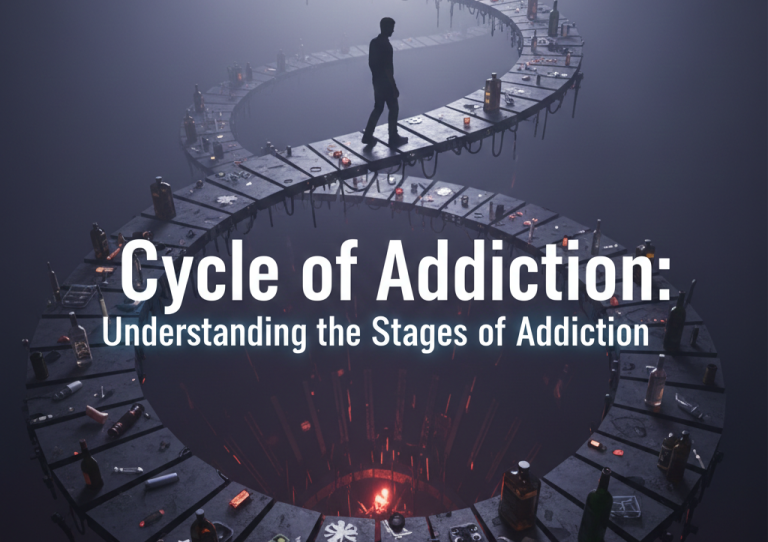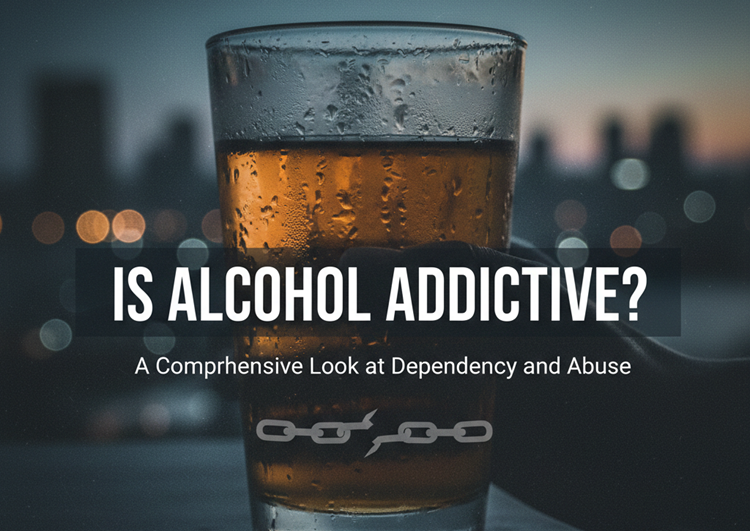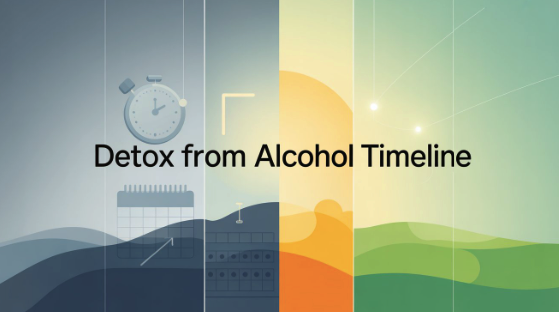Clinical mental health counseling can help millions of people who are affected by mental health difficulties. The National Alliance on Mental Illness agrees that one out of every five adults has or is experiencing mental illness symptoms. These figures demonstrate how common it is to suffer from a mental disorder.
But if you are struggling with mental health challenges, you are not alone. Getting professional help and counseling can make all the difference. More people would benefit from understanding these prevalent conditions if we used this approach to mental health every day of the year.
Some common disorders include:
- Depression
- Schizophrenia
- Bipolar disorder
- Suicidal ideation
- Substance use disorders
- Generalized anxiety disorder
- Post-traumatic stress disorder
Even though the symptoms of each of these mental health conditions differ, they all can affect your life somehow. In reality, your mental health therapy has an impact on how you think, feel, and act.
Many people who deal with mental illnesses are unsure how to deal with their symptoms and turn to improper coping techniques to alleviate their distress.
As a result, you can also have an addiction to alcohol or drugs. Additionally, suppose you have one mental illness that goes untreated. In that case, you are at a greater risk for developing co-occurring disorders, and you will need dual diagnosis treatment to heal fully.
All of this information is made available through mental health awareness, allowing you to assess your risks and seek treatment for any disorders you may have.
Additional Behavioral Health Resources
Another critical advantage of raising mental health awareness is that the more people develop an awareness of clinical mental health counseling, the more available mental health resources become. People would be unable to recuperate without mental health therapy.
The following are the essential mental health resources:
- Medical detox from drugs and alcohol.
- 12-step programs.
- Behavioral health programs.
- Inpatient mental health treatment.
- Clinical mental health counseling.
The Importance of Mental Health Counseling

You will have all of the services you need in clinical mental health counseling to recover from mental illnesses, heal from co-occurring disorders, and learn how to maintain your health following treatment. Also, mental health therapy such as crisis service care can keep you safe while going through individual addiction therapy.
The best thing is that mental health awareness should not be limited to a single day, week, or even month. We need to be aware of it since it might quickly happen to someone we know. Mental health stigma is reduced when the community is aware of it.
Early intervention, which can result in a quick recovery, is more likely when people are aware of mental health issues. Mental illness is gradually becoming recognized as a disease as a result of increased awareness.
Mental health conditions should not be separated from physical illnesses like diabetes, high blood pressure, or cancer. Treatment is available for these disorders.
Education is a sort of awareness. This power has the potential to benefit our community. Understanding what mental health is and how families can get the help they need requires understanding. Lack of mental health therapy is not just “their” problem; it is also “our” problem as a community.
Another critical advantage of mental health counseling like grief counseling is that more mental health resources will become available as more individuals become aware of the treatment. People would be unable to recuperate without mental health therapy.
The Most Common Types of Mental Illnesses? Who Is At Risk for Them?
According to the World Health Organization (WHO), there are various mental diseases, each set of symptoms and behavioral implications. A mental illness, on the other hand, is characterized by abnormalities in brain structure or chemistry that result in altered perceptions of reality, odd thoughts, emotional disorders, and unusual actions. According to the federal government’s mental health website:
- One out of every ten teenagers suffers from severe depression.
- One in every twenty-five Americans suffers from a significant, long-term mental disease, such as schizophrenia, major depression, or bipolar disorder.
Suicide was the 10th highest cause of mortality in the United States, a risk that’s become heightened by mental illness. Based on The National Alliance on Mental Illness statistics, men are more likely than women to report mental illness in general: 21.2 percent of men report mental illness, compared to 14.8 percent of women.
However, certain conditions, such as mood disorders, are more likely to affect women than men. This could be due to discrepancies in professional diagnosis, culturally associated with specific ailments, and seeking medical treatment. Genetic and environmental variables may also play a role in the difference.
The five most frequent mental health problems in America, along with their symptoms, are listed below:
[accordion]
[accordionblock title=”Anxiety Disorders”]
More than 40 million people at the age of 18 and up in the US have a mental disorder. Anxiety disorder sufferers experience unpleasant and frequent fear and apprehension.
Many people experience these symptoms infrequently, especially in non-stressful situations, such as a job interview or a public speaking event. People with anxiety disorders experience them frequently and in non-stressful contexts. It might last anywhere between six months and a year. Anxiety is a broad term that refers to a variety of issues, including:
- Anxiety disorder
- Obsessive-compulsive disorder
- Post-traumatic stress disorder
- Anxiety about social situations
[/accordionblock]
[accordionblock title=”Mood Disorders”]
One out of every ten adults is said to be affected by a mood disorder. While mood swings are frequent, people with mood disorders experience more persistent and severe symptoms that make daily life difficult.
People may have a continuous nervous, gloomy, or “empty” attitude, feelings of hopelessness, excessive guilt, low self-esteem, diminished energy, and more, depending on the disease. Mood problems can be treated with medications, therapy, and self-care. The following are the most frequent mood disorders:
- Dysthymia
- Bipolar disorder
- Major depressive disorder
- Mood disorder caused by drugs or alcohol
There is specialized clinical mental health counseling that can help you with this kind of problem.
[/accordionblock]
[accordionblock title=”Psychotic Disorders”]
Patients with psychosis may be unable to tell the difference between what is real and what isn’t. This group of mental illnesses causes a person’s perspective of reality to change. Viruses, problems with specific brain circuits, extreme stress or trauma, and some types of substance abuse may all be there in developing psychotic disorders. The following are the most frequent psychotic disorders:
- Schizophrenia
- Schizoaffective disorder
- Psychotic condition with a short duration
- Delusional disorder is a mental illness that affects people
- Substance-induced psychosis is a type of psychosis that occurs when a person
[/accordionblock]
[accordionblock title=”Dementia”]
Despite being mistakenly considered to be a single sickness, dementia is a term that encompasses a broad spectrum of mental illnesses. Dementia-related disorders can result in a loss of cognitive ability that is severe enough to interfere with daily life and independence.
Even though dementia comprises a broad spectrum of conditions, Alzheimer’s disease accounts for 60 to 80 percent of cases. Over time, it erodes people’s memory and reasoning skills, robbing them of their ability to accomplish even the most fundamental tasks. Dementia can also manifest as:
- Parkinson’s disease
- Frontotemporal dementia
- Wernicke-Korsakoff syndrome
- Huntington’s disease
[/accordionblock]
[accordionblock title=”Eating Disorders”]
Eating disorders are about more than just how a person feels about eating. Eating disorders are complicated mental illnesses that necessitate medical and therapeutic care. These factors lead to harmful eating habits. Even individuals who attempt to get better by themselves set a good start. Clinical mental health counseling can make a lot of progress in this process.
Eating disorders can cause serious health concerns and even death if left untreated. Symptoms include severe food restriction, eating binges, or purging behaviors such as vomiting or over-exercising. The common types of eating disorders are as follows:
- Anorexia nervosa is a type of anorexia
- Rumination is a mental illness that affects people
- Bulimia nervosa is a kind of anorexia nervosa
- Anorexia nervosa is a type of binge eating
- Pica is a type of eating disorder
[/accordionblock]
[/accordion]
Signs and Symptoms of Major Mental Health Disorders
A mental illness might make you unhappy and cause problems in your everyday life, such as school, work, or relationships. Symptoms can usually be controlled with a mix of medicines and talk therapy (psychotherapy).
The symptoms and signs of mental illness might vary depending on the diagnosis, circumstances, and other factors. Symptoms of mental illness can alter emotions, attitudes, and behaviors.
Here are some instances of warning signs and symptoms:
- Mood swings
- Loss of concentration
- Fears and excessive anxieties
- Sadness that extends for long periods
- Friendships and hobbies are being cut off
- A lack of energy, significant exhaustion, or difficulty sleeping
- Paranoia or hallucinations are all examples of fallacies
- Inability to deal with day-to-day issues or stress
- Having difficulty comprehending and responding to situations and people
- Alcohol or drug abuse problems
- Significant alterations in eating habits
- Anger, wrath, or violence in excess
- Sex motivation shifts
- Suicidal ideation
Physical difficulties, such as stomach pain, back pain, headaches, or other inexplicable aches and pains, can sometimes indicate a mental health disorder. For professional help, you should contact a clinical mental health counseling professional.
How to Manage Your Mental Health

These suggestions can help you improve your mood, increase your resilience, and boost your enjoyment of life.
Prioritize Social Interactions, Particularly Face-To-Face Interactions: While social media and phone calls have their uses, nothing beats the stress-relieving and mood-boosting effect of quality face-to-face contact with others. Talk about your mental health state with a counselor, friends o family members.
Maintain an Active Lifestyle: Staying active is beneficial to both the body and the mind. Regular exercise or activity can improve mental and emotional health, ease stress, boost memory, and improve sleep.
Make Contact With Someone: Speak with a friendly person. One of the most powerful strategies to calm your nervous system and decrease stress is interacting face-to-face social engagement with someone who cares.
Start a Habit That Will Help You Relax: Yoga, meditation, and deep breathing can all aid in stress reduction.
Prioritize Leisure and Reflection: For emotional and mental wellness, leisure time is essential. As you go about your day, take some time to relax, reflect, and notice the positive aspects – even the minor ones. If you can, write them down because it’s easy to forget. Then, if your mood needs a lift, you can reflect on them afterward.
Consume a Brain-Healthy Diet to Maintain Good Mental Health: Fatty fish high in omega-3s, nuts, avocados, legumes, and fresh fruits and vegetables are all good for your mood.
Get Plenty of Rest: It is more important than you may believe. Taking a break from the stimulation of screens (TV, phones, tablets, or computers) at least two hours before bed is one method to improve sleep.
Look For Meaning and Purpose: You could try one of the following activities:
- Spend time with people that you love.
- Participate in activities that make you feel valuable.
- It can add value to your life and make you happier.
- Take care of others. This may be incredibly gratifying and meaningful.
Let Our Oviedo Treatment Center Help You Today

The mental health system also faces a significant challenge in raising awareness and disclosing mental health issues. People uninformed of their ailments and unwilling to reveal them are less likely to seek expert help and treatment.
Treatment coverage has improved slightly for all population categories in the last two decades. This is due to an increase in psychiatrists, but there is still a big gap to bridge.
Orlando Treatment Solutions is here to support anyone in need, from substance abuse intervention to depression and anxiety management. Those suffering from anxiety, mood, psychosis, or eating disorders might find solace and assistance from us. On staff, we have a large number of skilled, experienced, and compassionate mental health specialists.
We provide seminars on everything from managing emotions to mindfulness along with a variety of other topics that equip some people with the knowledge they need to deal with their mental health issues on their own. The clinical mental health counseling that we offer will save your life so don’t hesitate to contact us!
[accordion]
[accordionblock title=”References”]
https://www.mentalhealth.gov/basics/what-is-mental-health
[/accordionblock]
[/accordion]



























